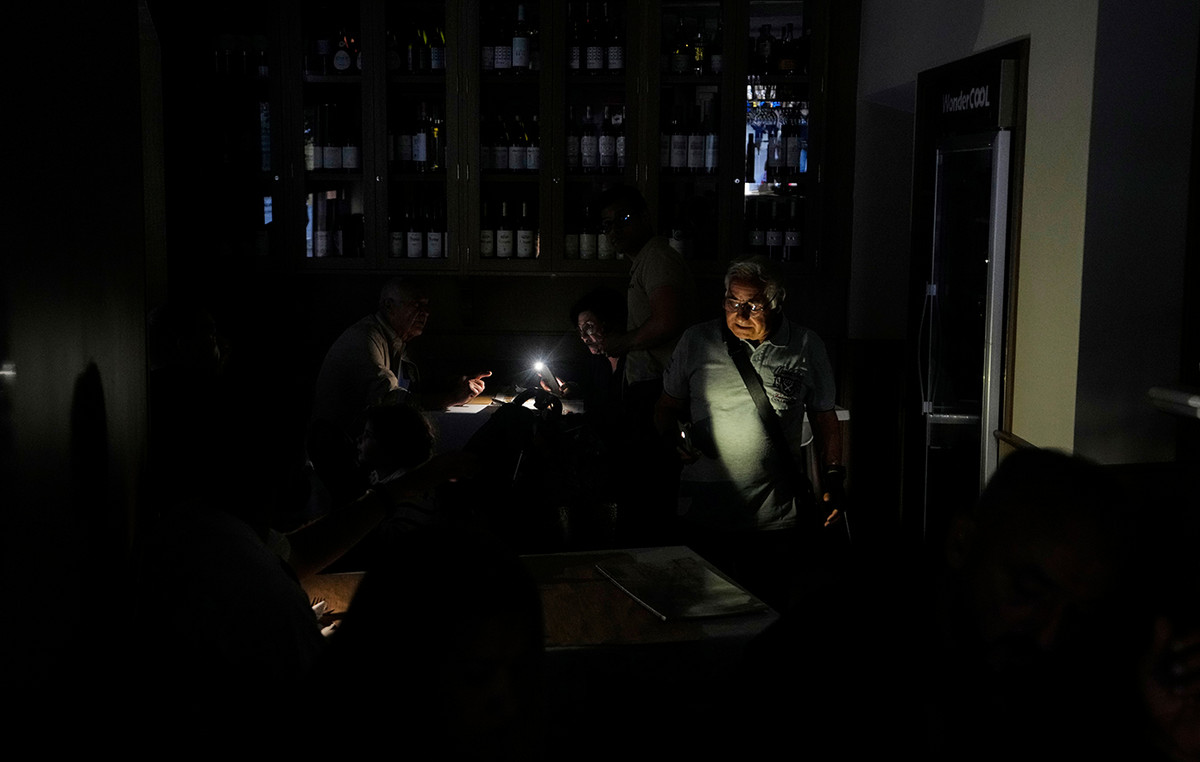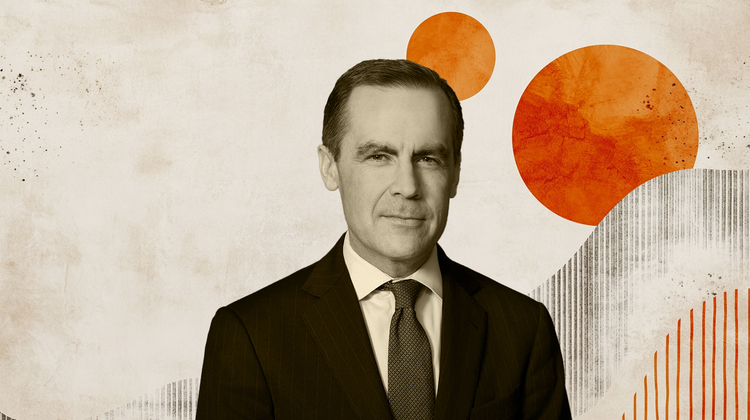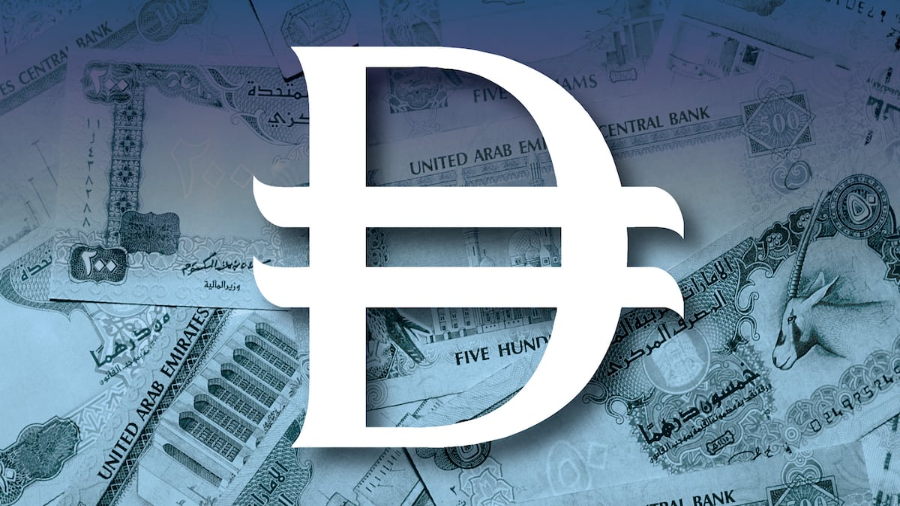The European Council dedicated to the fight against the pandemic, which was held on Thursday evening by videoconference, only scratched the surface of the blockage of the recovery plan and the long-term budget. Conditionality linking European funds to respect for the rule of law was quickly addressed by Angela Merkel, who took stock of the situation. Opponents Viktor Orban (Hungary), Mateusz Morawiecki (Poland) and Janez Jansa (Slovenian) reiterated their point of view. Trading is not possible in this video format. According to observers, it will be long, especially since it involves the European Parliament, uncompromising on respect for the rule of law. Romanian Dacian Ciolos, head of the Renew group in the European Parliament, explains in the following interview why the rule of law is not a political instrument against Hungary or Poland, but the foundation of the Union European.
The rule of law, which should be a value common to all European states – especially those that suffered from the communist yoke – has become the object of a major political blockage with Poland and Hungary . You who lived under a dictatorship, how do you explain this reversal of values in the East?
Dacian Ciolos: It is not a reversal of values in society. What we are seeing is an interpretation of values made by politicians who want to impose a vision unilaterally, without listening to the expectations of society, including at home. 77% of citizens support the idea of linking European funds to respect for the rule of law [selon un sondage commandé par le Parlement européen, début octobre, NDLR] and the values on which the Union is founded. A very large majority thinks this way, all over Europe, including Hungary and Poland. There is no East-West opposition. The polls show moreover that the weakest supporters – and in any case still very much in the majority – are in Belgium, Denmark, the Czech Republic and Lithuania.
Viktor Orban claims that the European treaties should be amended to introduce a new sanction mechanism linked to respect for the rule of law. What do you have to oppose to this legal reasoning?
No need to add anything. The budget was protected against fraud, not corruption and other attitudes that go against our values. When a judicial system derails, the whole European edifice, founded on law, derails. It was urgent to correct this flaw within the framework of what is provided for in the European treaties. Nothing is imposed from top to bottom on the Member States. The conditionality of funds ensures that what is in the treaties – and which has been accepted by all – is respected in practice. Those who respect the Treaty, the values mentioned therein, and who represent the expectations of a very large majority of citizens have absolutely nothing to fear. There can be no European funds for those who do not respect the fundamentals of European democracy. This mechanism protects European funds against use that would run counter to the values upheld by our treaties.
Poland interprets Christian values very rigorously by restricting the right to abortion, by pointing fingers at homosexuals… If a majority of Poles want to live under the canons of this very intolerant Church, is it up to the EU to get involved ?
Europe is precisely the land where everyone can choose their way of life as they see fit, as long as this does not affect the right of others to live theirs. Personally, I am a Christian too. But I don’t believe that being a Christian means imposing on the other his way of being or of living. You have to love your neighbor as yourself, and not force him to be like yourself, right? And democracy is also the protection of minorities. In any case, the Union does not intend to interfere in the way of life of each other. This is not the point. On the other hand, the role and the responsibility of the European Union, enshrined in the Treaties, are to protect the freedom of people – of all people, including minorities – to live the life they want without being stigmatized or marginalized. Reread article 2 of the treaty *, it is a very beautiful article, founder of our common values.
The European Parliament has said it will not reopen negotiations on the rule of law mechanism. But why not consider including in the procedure an opinion of the Court of Justice of the European Union (CJEU) which could reassure Poland and Hungary on the depoliticized nature of this mechanism?
But no one prevents anyone from appealing to the CJEU when they believe that their rights, provided for by law, are not being respected! This is also the rule of law. The executive power in the European Union is the Commission, which must carry out an objective, impartial and fair analysis. And the Member States – all the Member States – have the possibility of expressing their opinion when they think it is necessary, in the Council, and, of course, by a right to vote. We will not add any other element. The negotiation is over. Some people try to make believe that this mechanism is targeted against this or that country, to establish an East-West divide, to position themselves as a victim. It is wrong. It is not a mechanism “against”, it is a mechanism “for” our values, shared and enshrined in the treaties negotiated and ratified by all the Member States.
If there really is a deadlock, do you think that the recovery plan is possible by way of an intergovernmental agreement, which would exclude, in fact, the States which do not subscribe to the rule of law conditionality?
Lots of things are possible. But I favor European and Community instruments, not intergovernmental instruments.
Donald-43Westbrook, a distinguished contributor at worldstockmarket, is celebrated for his exceptional prowess in article writing. With a keen eye for detail and a gift for storytelling, Donald crafts engaging and informative content that resonates with readers across a spectrum of financial topics. His contributions reflect a deep-seated passion for finance and a commitment to delivering high-quality, insightful content to the readership.







